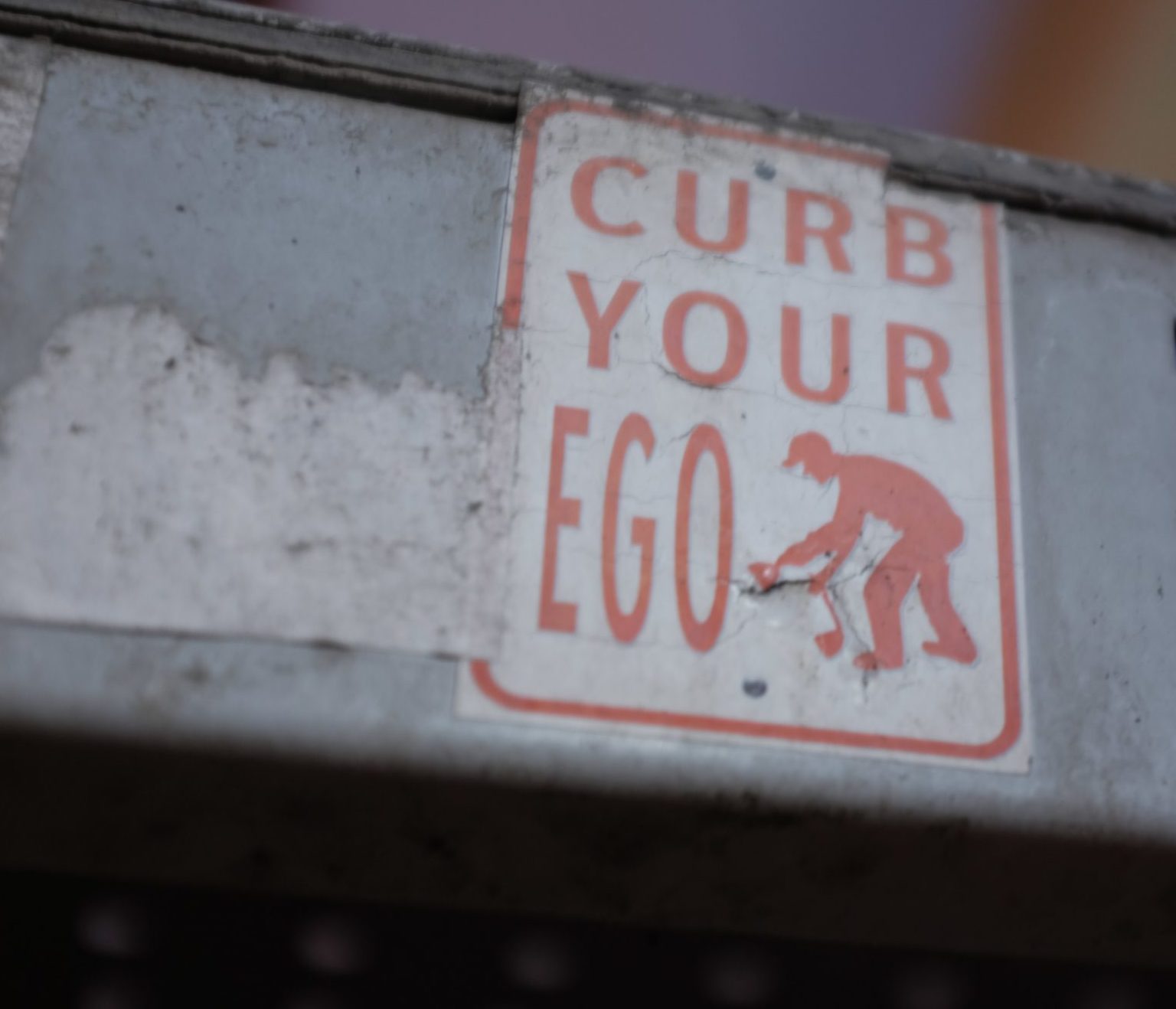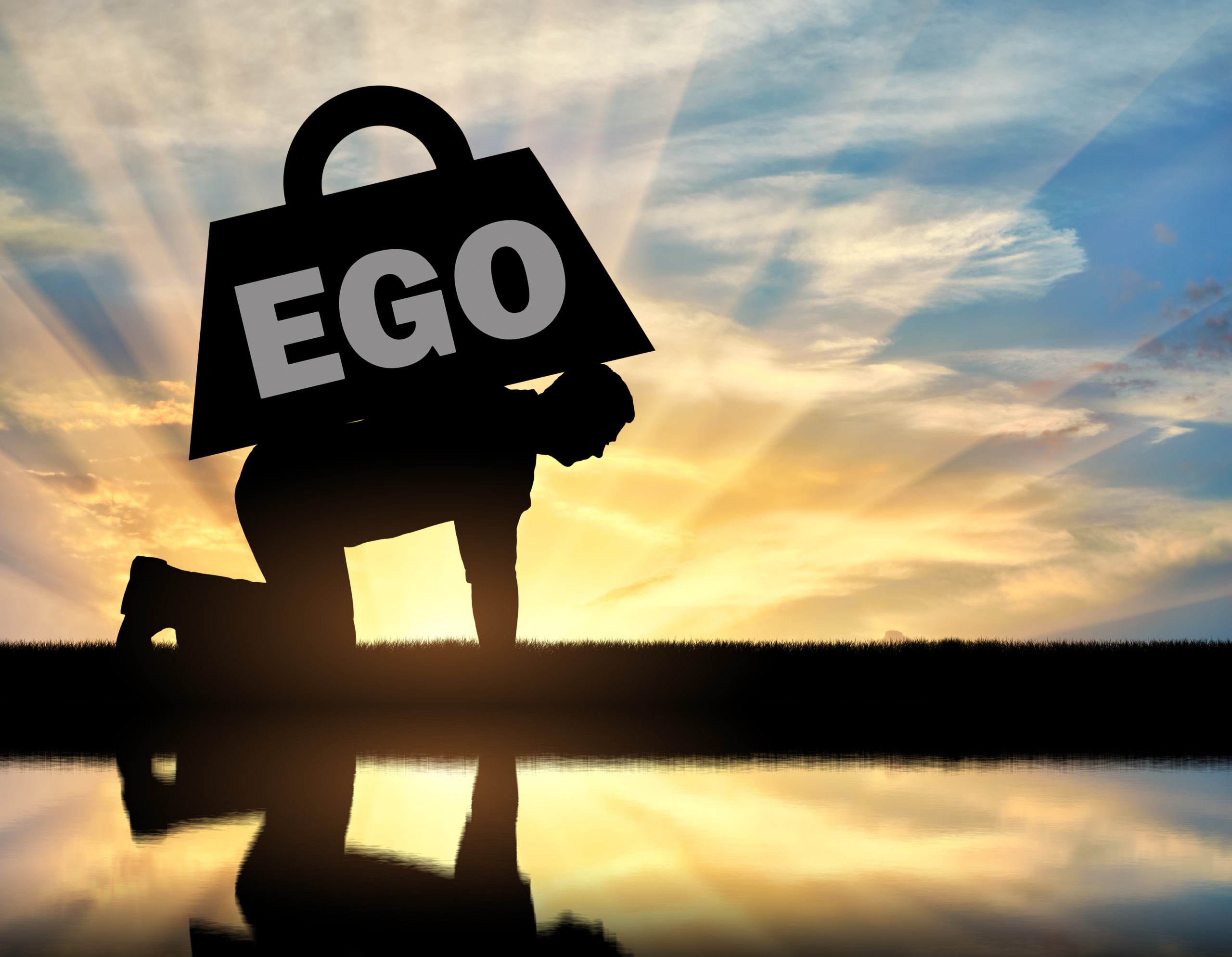 Dreams and aspirations are part of the human spirit. Many of us set goals and intentions toward making these a reality. However, much of the time, it means we emphasize the macro over the micro. The macro, after all, is the destination the dream provides. The micro is the journey, which has to occur before realizing anything. To truly chase your dreams, you must live in the in-between.
Dreams and aspirations are part of the human spirit. Many of us set goals and intentions toward making these a reality. However, much of the time, it means we emphasize the macro over the micro. The macro, after all, is the destination the dream provides. The micro is the journey, which has to occur before realizing anything. To truly chase your dreams, you must live in the in-between.The in-between is just what you think it is; it’s the valleys between the peaks of life’s milestones. Many goal-focused people only see the valleys as a necessary nuisance. They don’t take time to enjoy those moments and learn all you can from them.
I once had this mindset and achieved my personal and professional dreams. Ignoring the in-between didn’t bring much happiness or satisfaction. I decided to evolve my fate and identity, and I captured this life-changing pivot in my book The In-Between: Life in the Micro.
Taking My Ego Out of the Equation
We all have an ego; it’s a fundamental part of our consciousness. It can serve us well or be a detriment to our growth. My ego often got in the way of living in the in-between. It cared only for the accolades of arriving at those peaks.
Eventually, I came to see the damage it was causing and could take it out of decisions I made and interactions. By doing so, I felt connected and purposeful in the in-between journey. I began to embrace being present in micro-moments, and it didn’t deter me from chasing my dreams.
You Can Chase Dreams and Embrace the In-Between
There’s a misconception that pushing toward a dream or a goal is about staying unflinchingly focused on the macro. You may accomplish something, but you’ll look back and see broken relationships and selfish behavior.
So, I was able to reconcile that both these things can be true. I can aspire to fulfill my dreams and enjoy the path toward them. I don’t have to suppress my emotions and reflections to achieve something grand.
Finding this balance between the micro and macro takes time. You’ll fumble along the way because you’re human. You’ll make mistakes and lose sight of things from time to time. How you respond and learn from them is what matters.
The In-Between Is Where Dreams Are Born and Fostered
Maybe it’s ironic to say that dreams originate in the in-between. When we begin to desire something and realize what we’ll need to get there, it’s happening in the in-between. It’s a collection of micro-moments that help us formulate the big dream.
It’s in the micro where we foster and nurture dreams, setting the course for how to attain them. Dreams would have nowhere to go without the micro. Coming to this understanding sets you up to assess your identity and create your intentions for situations that will bring you closer to your dreams.
You can learn more about this process and why the in-between is crucial to dreams by reading my book.
 Contrary to the saying no regrets, we all feel remorse, shame, or guilt from particular moments in our lives. In most cases, our ego is the culprit behind our regrettable decisions. Because of too much ego, we’ve all missed job opportunities, failed to tell loved ones how much we love them, or stayed too long in unhealthy relationships.
Contrary to the saying no regrets, we all feel remorse, shame, or guilt from particular moments in our lives. In most cases, our ego is the culprit behind our regrettable decisions. Because of too much ego, we’ve all missed job opportunities, failed to tell loved ones how much we love them, or stayed too long in unhealthy relationships. This blog post is a transcript from the video at the end of this post.
This blog post is a transcript from the video at the end of this post.

